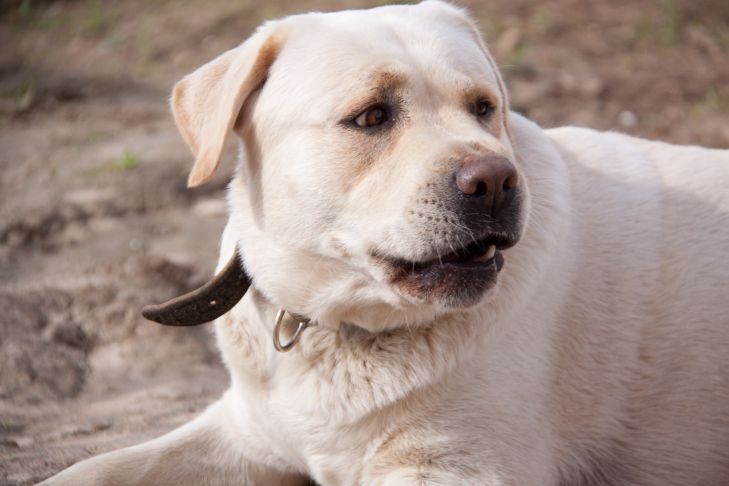How to Stop a Dog from Barking at Cars: 10 Ways
Dog barking at passing cars is not only a manifestation of natural instinct, but also behavior that can become a problem for owners and others.
Frequent barking can be a sign of stress, excitement, or even fear in dogs. So how can you help your pet stay calm around cars?
Keep her on a leash
If your dog is reactive to cars, the first thing to do before addressing safety concerns is to keep him on a leash.
Some dogs will only bark and growl at cars, but others may rush towards them.
Dogs don't understand how dangerous moving vehicles can be because they don't know what they are.

Keep your pet safe by keeping him on a leash near roads or high-traffic areas so you can focus on training your dog to not react to cars.
Use a treat to redirect attention
If your dog has a treat he can't resist, show him the treat to distract him from the situation.
This technique works if you redirect her attention just before a car passes or when she is about to start barking.
It is important to time the treat delivery accurately, as giving it too early may accidentally reinforce the behavior you are trying to correct.
Bring your dog's favorite toy with you
Toys are great not only for distracting your dog from behavior like barking, but also for helping him relieve stress and tension.
A situation such as barking at cars usually occurs due to fear and is always accompanied by a certain amount of stress, so a toy will help her calm down and reduce tension.
Try the command “Look at me”
Using a command is ideal when dealing with problematic behaviors such as barking, and can usually be caught and stopped with just that command. This method is known as counter-conditioning.
“Look at me” is a good command for this as it focuses the dog’s attention on the person, forcing them to maintain eye contact and look at the face rather than the car. It is best to train the dog in a calm and relaxed environment, without distractions.
Know when to reward your dog
As soon as the dog is distracted from the car and looks away instead of barking, give him a tasty treat. You can combine this with any of the methods.
This will teach your dog not only that cars are not interesting, but also that not barking and ignoring them will result in a treat. It may take some practice, but eventually your dog will learn and stop barking.
Avoid heavy traffic
If your dog is afraid of cars or anxious, walk him in areas or at times when there are fewer cars.
Some dogs may become overstimulated by the increasing excitement and activity, and the accumulation of cars may upset them.
Others simply have a negative attitude toward vehicles. In both cases, walking in an area with fewer cars can sometimes curb the barking.
Be consistent
Remember that consistency is important, no matter which method you choose. Dogs thrive on routine, so they will be more comfortable if they know what will happen next.
Your pet is more likely to follow the “look at me” command if he knows there will be a reward.
Taking breaks can cause your dog even more stress, which can ruin any progress you've made, so try to keep your training as consistent as possible.
Don't make noise
Human body language and tone can directly influence a dog's reactions and emotions.
If you see that she is about to bark and you start yelling, she may well think that she needs to join in.
This is also true for anxiety.
If a person is stressed because a dog is about to bark from behind a car, the dog will likely feel the same way.
Try to remain calm and don't make any noise. If the dog manages to get distracted, reward it calmly and praise it.
Increase mental and physical stimulation
Sometimes bad behavior like barking can be eliminated by allowing the dog to burn off excess energy. If the pet is not mentally or physically excited enough, it may begin to bark, dig, etc.
Dogs that get a lot of exercise and positive emotions are often less anxious or fearful, so play with your dog or tire him out before you come home from a walk.
Do sports
If your dog is chasing and barking at cars, you can redirect his attention by engaging in dog sports that involve chasing and hunting for “prey.”
This will help your pet get rid of the desire to catch everything, while giving him some exercise and freedom to run.
Previously we reported on cat breeds that are friendly.
